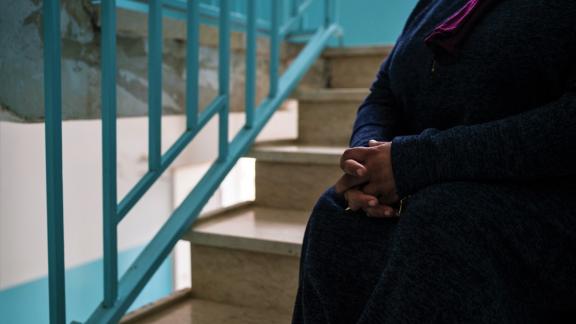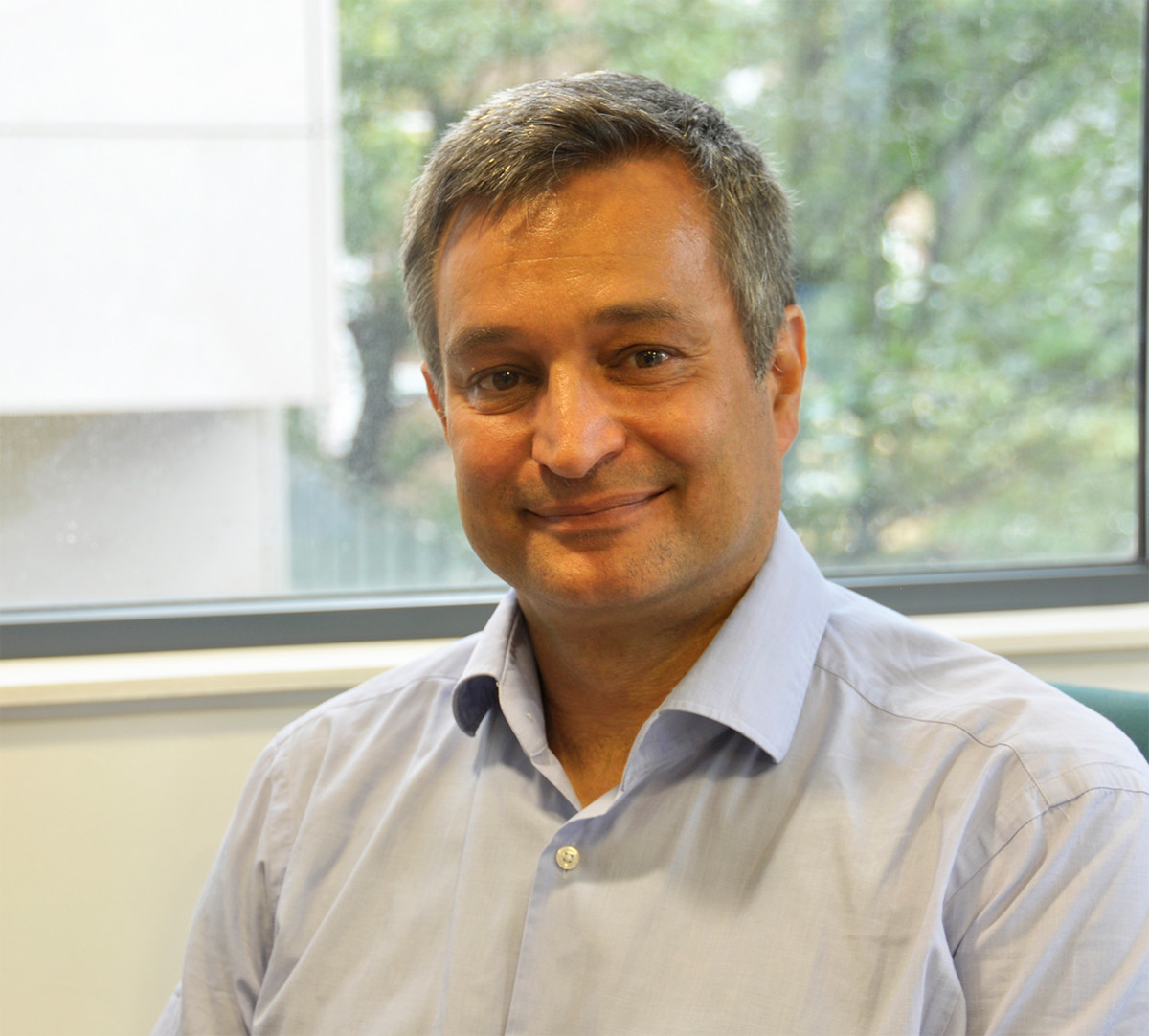In the humanitarian sector, we are often asked why sexual and reproductive healthcare is necessary in situations of conflict and fragility.
The answer is clear. Women and girls all too often bear the brunt of humanitarian crises. Lacking the usual protective measures such as the family unit or home, women and girls become more vulnerable to sexual violence. It can be more dangerous to be a woman than a soldier in armed conflict.
Increased risk of trafficking and rape
It is estimated that tens of thousands of women and girls are subjected to sexual assault in conflict situations each year around the world. We know that in times of crisis, girls are more likely to be married off at a young age, and women and girls are at increased risk of trafficking and rape. Far too often, rape is used as a formal tactic of war.
On the other hand, we cannot forget that humanitarian crises often lead to collapsed health systems, which means there’s less available access to sexual and reproductive healthcare and services. Or, in other words, the difference between life and death for a survivor of rape.
Sexual and reproductive health is a key component of the medical care needed for a rape survivor, and should include diagnosis and treatment of sexually transmitted diseases and HIV, the clinical management of rape medical care for rape survivors, the provision of safe abortion care, and - in cases where women have been forced to get an unsafe abortion due to the lack of any other option - post abortion care.
But sexual and reproductive healthcare in conflict settings is often overlooked and remains under resourced. We desperately need all actors – international, regional, and local – to be united in their support.
Combatting SGBV
Since 2009, reproductive health has been recognised by the UN Security Council with Resolution 1889 explicitly referencing the need to ensure women and girls’ access to reproductive health services. This represented a major milestone and commitment by governments to combat SGBV and ensure the provision of timely assistance to survivors of sexual violence in situations of conflict.
We need to break down the silos between the gender-based violence and sexual and reproductive health sectors, in both the development and humanitarian space, to ensure comprehensive, high-quality services are delivered to survivors in a coordinated, holistic manner from the first day of every emergency response. Women and girls need to be able to control their reproductive health decisions and access services they need free from coercion.
IPPF has been operating in humanitarian crises for decades. In these settings our 160 plus member associations and collaborative partners offer lifesaving sexual and reproductive healthcare, which is often a gateway to treating survivors of rape. We focus our efforts here because we believe a woman who has already endured rape should not then face the further injustice of being denied access to the sexual and reproductive healthcare that will aid in her recovery.
A global pledge
This week, a global pledging conference is taking place in Oslo, Norway, to raise funds and support for sexual and gender-based violence in emergencies. This support must go beyond funding and requires a fundamental shift in the perception of sexual and reproductive healthcare by key stakeholders in the humanitarian system. Sexual rights and bodily autonomy are human rights, and humanitarian actors have an obligation to uphold these rights in crisis settings.
The pledging conference in Oslo provides a timely opportunity for the global community to band together for survivors of rape in crises and show that we will continue to defend their sexual and reproductive safety and dignity.
This article first appeared on Thomson Reuters Foundation news - 23 May 2019
when









